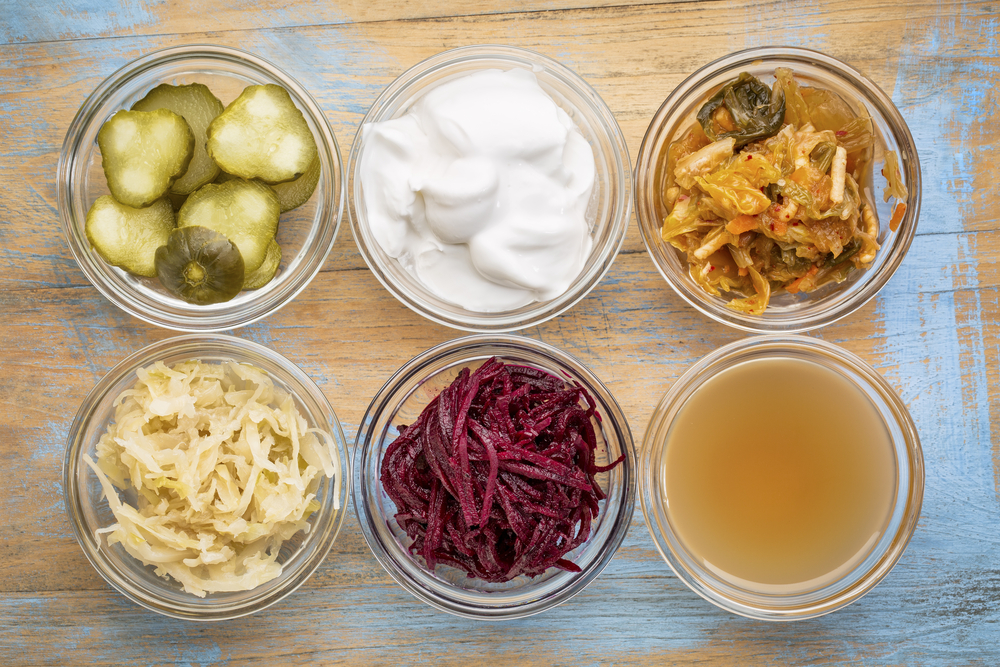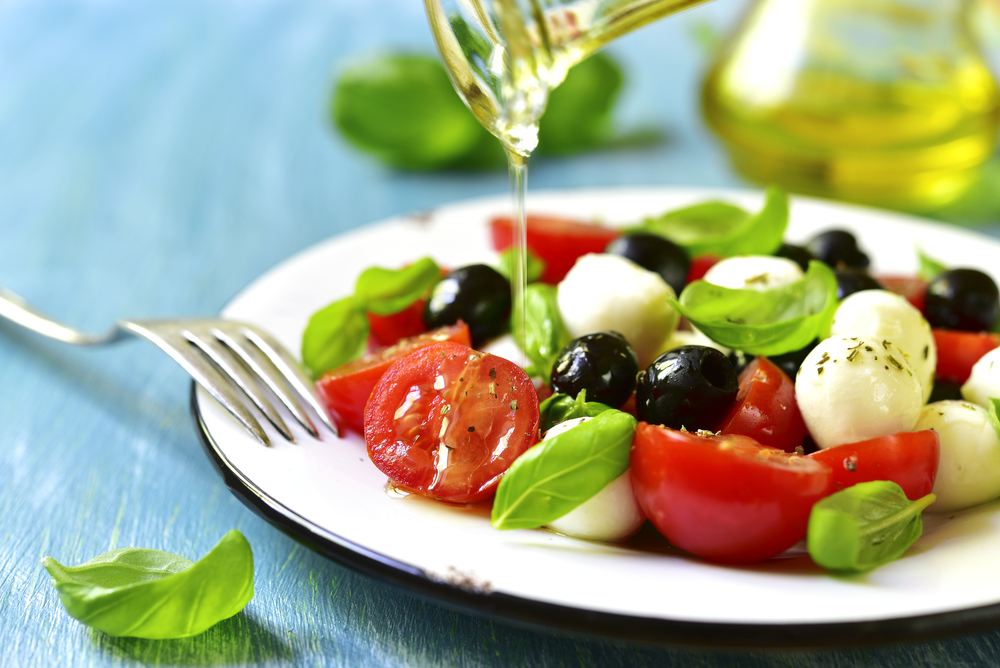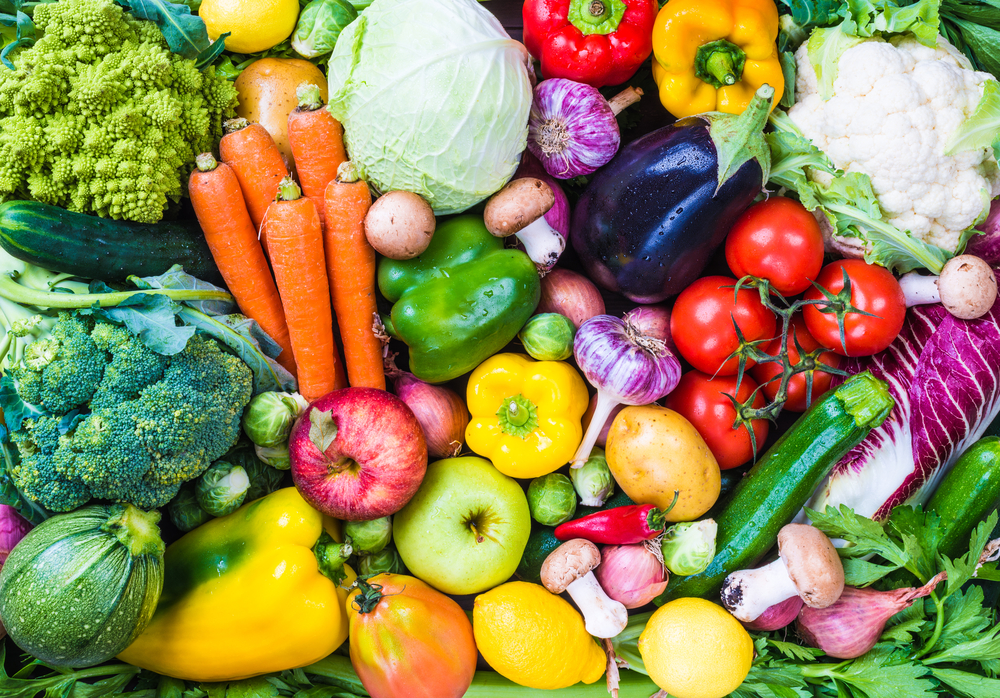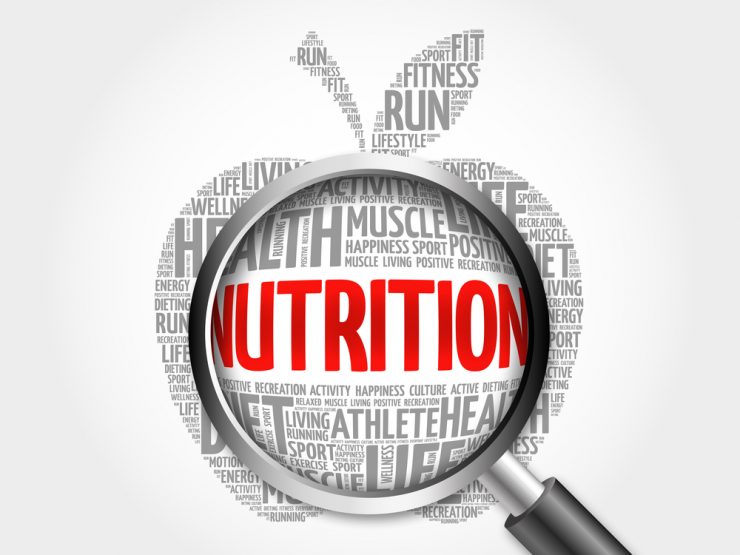It’s National Nutrition Month which brings to our attention the importance of eating well and hopefully maximising our nutritional intake. However, it’s very easy to say ‘just eat more healthily’, but what does that really mean? What should we be eating more of in 2024?
Clinical Nutritionist Suzie Sawyer shares her guidance on what a healthy plate might look like.
Increase intake of fermented foods

From a nutritional perspective, we often talk about the benefits of fermented foods. If we look at diets consumed in Asian cultures, where fermented foods such as tempeh, kombucha, natto and kefir, are widely consumed, we see some positive differences in health.
Research on Japanese women has found they cope with menopause and other hormonal changes much better than those in western cultures. This is because fermented produce, especially from soybeans, contains isoflavones which help balance oestrogen levels naturally and improve hormone fluctuations.
Our understanding of menopause and the difficulties women face during this transition, especially in the workplace, has gained much traction during 2023 and this is set to continue in 2024.
We also know that when we consume more fermented foods, there are very positive changes to the gut microbiome. And we now know the absolute importance of having a well-balanced digestive system with a great diversity of beneficial bacteria. Having a healthy gut microbiome is the key to overall wellness; it affects both our mental and physical wellbeing.
Eat a Mediterranean diet

There has been so much research over many years on the health benefits of the Mediterranean diet. Interestingly, there has never been anything negative noted about the diet and it’s as popular as ever with nutritionists and medics alike.
The Mediterranean diet has been found to be very protective of the heart, especially in reducing blood pressure and cholesterol readings. However, research also suggests great benefits to the brain and overall metabolic health. What’s not to like about eating the Mediterranean way in 2024!
What does the Mediterranean diet contain? Essentially, it’s rich in oily fish, including salmon, sardines and mackerel, nuts, seeds, whole grains, eggs, and plenty of colourful fruits and vegetables such as tomatoes and avocados. It does contain a little red meat and dairy, but no processed foods.
Oily fish is rich in the essential omega-3 fats which are known to be great for the heart, bones, eyes, skin, joints and brain. These play a key part in the Mediterranean diet which goes a long way to explain why the diet is found to be so healthy. However, it’s also the richness of colour in the diet, providing loads of antioxidants which are very protective against our nasty degenerative diseases too.
Eat more plants

Nature provides everything we need from a health perspective. Eating a diet that is rich in plant-based foods is exactly what nature intended. And interestingly, this now also makes sense from an environmental angle.
Whilst being completely plant-based (vegan) doesn’t suit everyone, simply increasing the number of plants you eat makes absolute sense from a health perspective.
The easiest way to achieve this is simply ensuring your diet is rich in colour. Colourful fruits and vegetables contain not just vitamins and minerals but antioxidants too which are protective of the body. They quench free radicals which can in turn help hold back the ageing process too.
Importantly, plant-based foods are high in fibre which keeps the digestion working smoothly but is also key for metabolic health, positively affecting all body systems.
Why not make a list each week of every plant you’ve consumed and try to vary your choices?
























Add comment